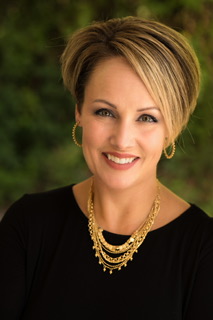Email: [email protected]

Photo by Alexander Mils from Pexels
If your wealth is tied up in your home, how can you free up some cash? A reverse mortgage is available to homeowners with mostly or fully paid-off mortgages. The monthly payments, which come from the lender to you, are not counted as taxable income. But there are mortgage taxes, and interest rates on reverse mortgages are somewhat higher than the current rate for a normal mortgage.
Are you 62+? Consider the home equity conversion mortgage, available through the FHA. An approved counselor will lay out the process and point you to a qualifying lender.
Then, here's what you should expect:
The more you borrow, and the longer the term of your loan, the heftier cumulative interest charges you'll pay.
Of course, you might sell and downsize. Not ready for that move? Think about...
If your credit score is 640 or above and you have a mortgage, consider cash-out refinancing with the FHA. This replaces your present mortgage with a larger one. The larger loan pays off your mortgage, replaces it and gives you the extra funds in a lump sum. You can be younger than 62.
Put up your home as collateral and enter a loan agreement with a close friend or relative. It's not altogether "private" — private reverse mortgages have a standard interest rate, governed by the IRS — but the rate is lower than a bank's.
A home equity line of credit (HELOC) empowers you to tap into your home equity. It's something like a credit card: there's a set credit limit. You only need to pay interest on what you withdraw. Note that HELOCs do not come with fixed interest rates.
An alternative to the reverse mortgage that can work when you need cash upfront is the home equity loan. You'll pay interest on the lump-sum amount.
If there's one thing you must have before applying for a reverse mortgage, it's patience. A reverse mortgage, like a conventional mortgage, involves a full approval process, including those pesky calls and queries about proof of your capacity to repay the loan.
But the result can make it all worthwhile.

Originally from the midwest, Natalie and her husband Brian spent many years following his career but knew they were forever home when they made it to the Lowcountry. During vacations on Kiawah Island, they would dream of retiring to the South Carolina coast. When an opportunity presented itself to move to Bluffton much earlier than they envisioned, it was a “no brainer” and has proven to be one of their family’s best decisions. The two things Natalie loves most about the area are the community’s welcoming attitude and the always changing, but consistently breathtaking, views from the Lowcountry bridges. “It seems that everyone you meet in Bluffton and Hilton Head loves their community and genuinely wants you to fall in love with it, too…whether it’s for a week of vacation or to plant your own long-time roots.”